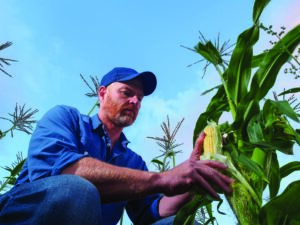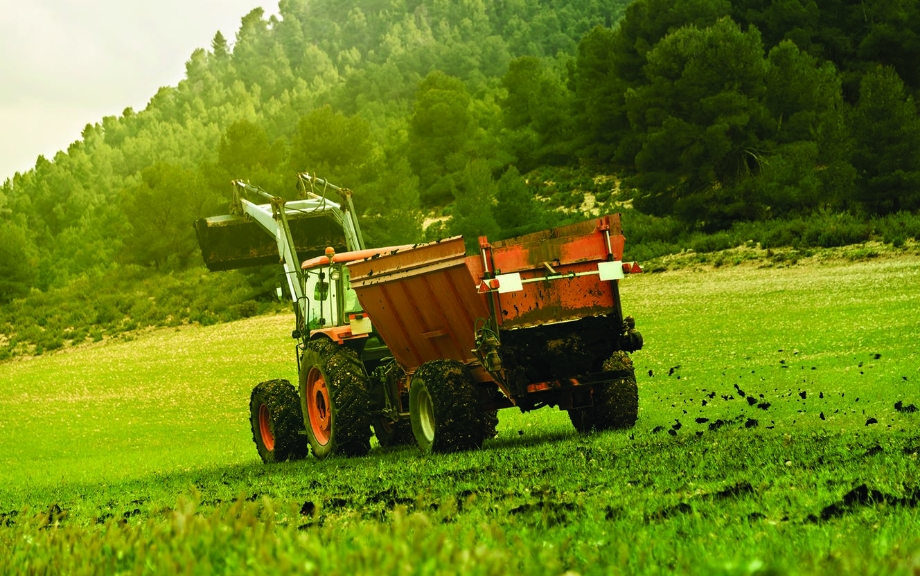Recycling our newspapers, soda cans, water and soda bottles is second nature; composting is also trending, providing a productive use for coffee grounds, fruit cores, leaves, grass, etc.
But did you know that farmers across Virginia are land applying the ultimate product in recycling?
Highly treated biosolids (think – wastewater that has undergone additional treatment to kill pathogens and stabilize the material for recycling) are processed into a simpler, harmless organic matter, rich in nutrients such as nitrogen and phosphorus. It provides a fabulous soil amendment and fertilizer which is recycled on farms and forests in all 50 states, and in most developed countries around the world.
 In addition to providing an incredibly beneficial product for row crops, pastures, hay lands, forests and the reclamation of disturbed lands such as roadsides and mine lands, the highly regulated and sustainable use of class b biosolids provides an alternate to the landfill.
In addition to providing an incredibly beneficial product for row crops, pastures, hay lands, forests and the reclamation of disturbed lands such as roadsides and mine lands, the highly regulated and sustainable use of class b biosolids provides an alternate to the landfill.
In fact, across Virginia biosolids are land applied to 47,000 acres of land in accordance with DEQ’s rules and regulations.
Similarly exceptional quality biosolids can be safely handled and used by the public and can be applied like any other registered fertilizer on lawns, gardens, parks, and golf courses in urban areas based on soil nutrient recommendations for plant growth.
According to the EPA, composted biosolids that are stabilized by certain processes are “an end-product that is easy to handle, store, and use as a soil amendment.” A composted product is most often a humus-like consistency without detectable levels of pathogens that can be applied as a soil conditioner and fertilizer to gardens, food and feed crops, and rangelands. This compost provides large quantities of organic matter and nutrients (such as nitrogen and potassium) to the soil, improves soil texture, and elevates soil cation exchange capacity (an indication of the soil’s ability to hold nutrients), all characteristics of a good organic fertilizer.
Interested in learning more about rural and urban uses of biosolids? Take a moment to visit our website to find health and safety fact sheets and resources, including a Q&A on composting!
